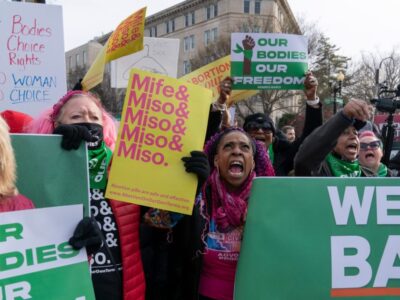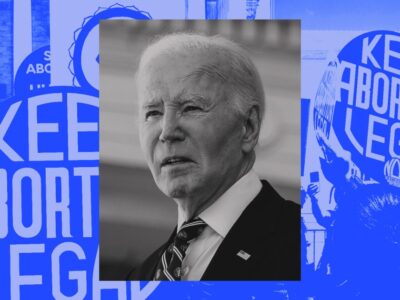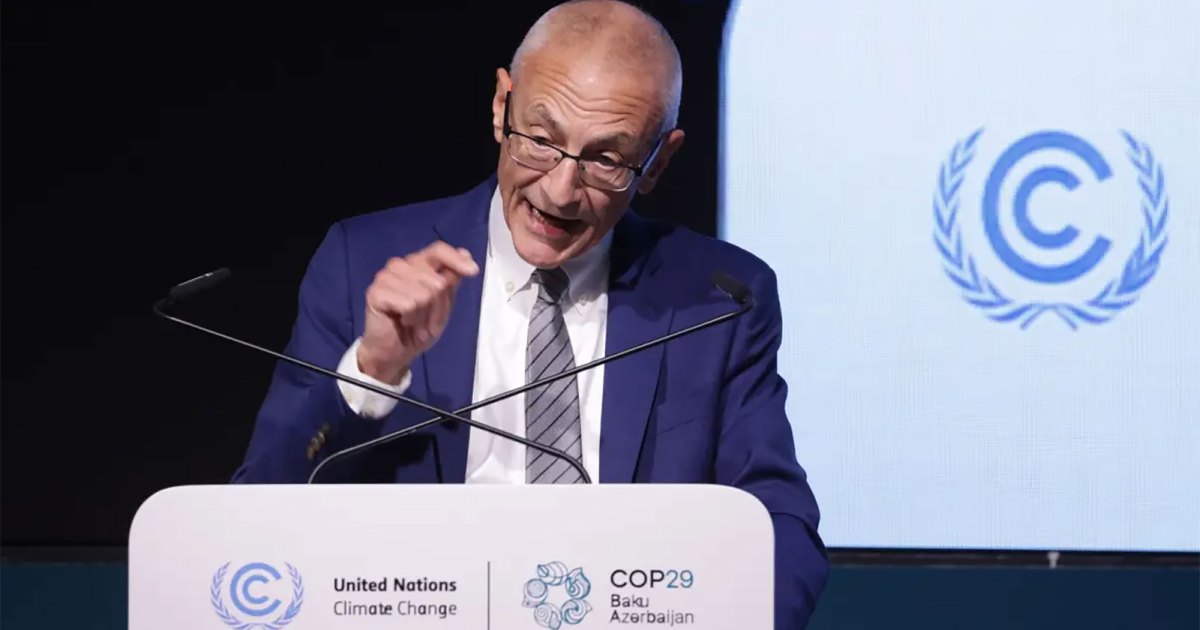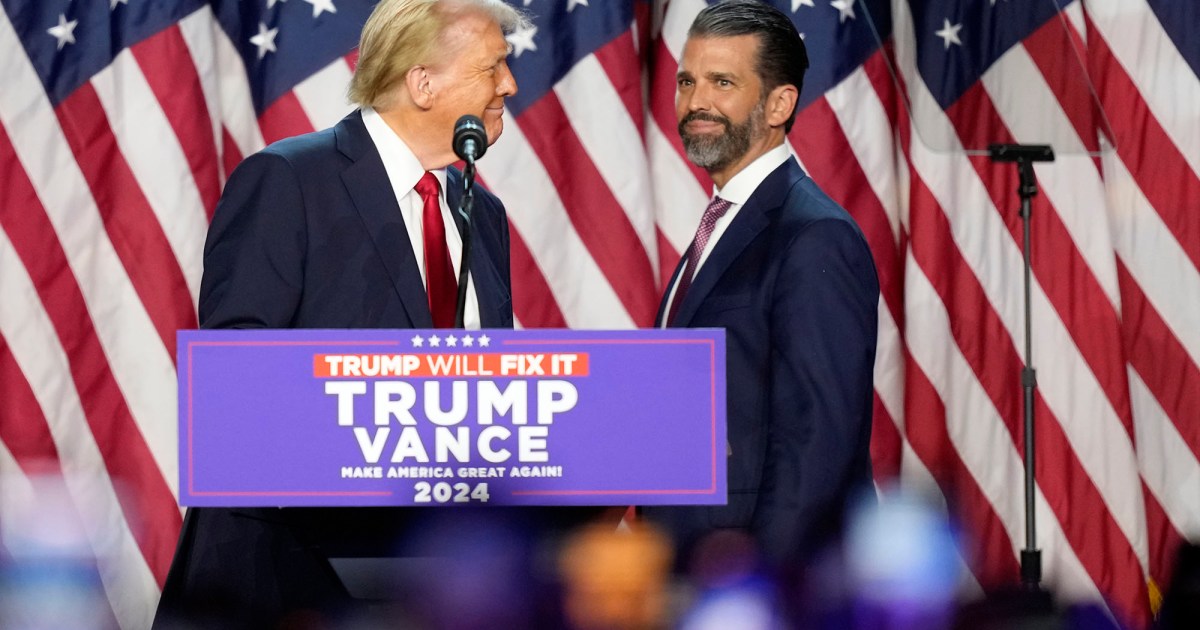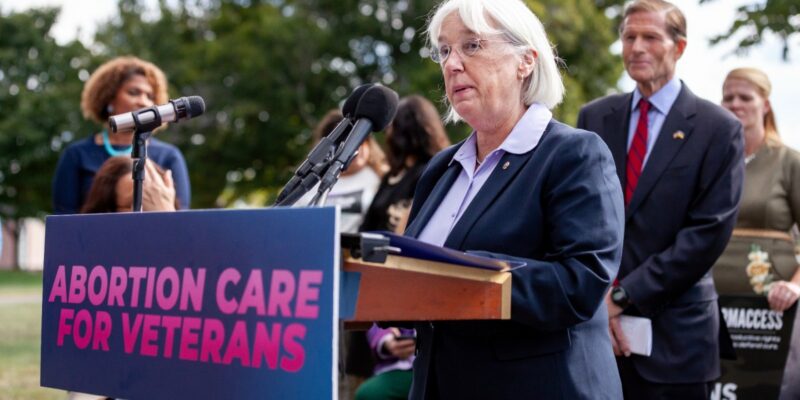
For Sen. Patty Murray (D-Wash.), calling attention to women’s health isn’t new.
While campaigning for Senate in 1992, Murray said she would ask all Supreme Court nominees their positions on “personal and civil liberties”—and vote against anyone who didn’t support abortion rights. This was just months after Planned Parenthood v. Casey was decided, which allowed states new liberties in restricting comprehensive abortion care.
“People who support this issue,” Murray said at the time, “don’t want someone who is just going to vote for it, but someone who’ll work for it.” Murray won that election and has been in the Senate ever since. She leads the Democratic Caucus on reproductive rights and became the first woman appointed president pro tempore this January—a position that makes her third in line to the presidency.
One of her most famous moments came amid the potential government shutdown in 2011. Nearing midnight one evening in April, Murray was called to the Capitol by then–Senate Majority Leader Harry Reid (D-Nev.). A room of all men assured her that they were close to figuring everything out, except House Republicans wanted to cut Planned Parenthood funding. Over the next three days, Sen. Murray pushed back. She held four press conferences with her female peers fighting against the cuts—and won. “We are not going to let the threat of a shutdown make us fade away,” Murray said during a congressional debate at the time. “Women are not pawns.”
Over a decade later, and now a year after the fall of Roe v. Wade, Murray is still angry—and doing something about it. In the weeks following the Dobbs decision, she has co-sponsored bills to allow pregnant people to travel out of state; to ensure contraception, and to expand access to family planning clinics. For Murray, restoring what Roe protected is both about being loud in support of abortion access and legislating meaningful measures to address the new reproductive realities. Mother Jones spoke with Sen. Murray to discuss this past year, the stories that haunt her, and the questions that are now baked into pregnancy.
This interview has been edited for length and clarity.
We’re coming up on the anniversary of Dobbs, and I’m wondering, what one story over the last year epitomizes this post-Roe world for you?
Oh, my gosh, there are so many! Do I have to pick one?
There have been horrific stories from women who are in states that have obviously had really tough consequences. Like in Texas, where a woman who wanted a child got pregnant. She tried forever to get pregnant, but all of a sudden she’s in a bad health position. She could not get access to the health care she needed to save her own life—and got sepsis.
Amanda is who I was thinking of.
But, I will just tell you just recently, I personally know of someone very close to our office who was pregnant, wanted to be pregnant, was having a miscarriage, and couldn’t get access to the health care she needed. [She] had to drive for miles. This can be anyone. [The fact it is] putting women’s lives at risk is real.
There’s a lot of just pure confusion across the country right now about what is legal and illegal regarding reproductive justice choices. What do you think about getting reliable, safe information in the midst of all this noise?
There’s chaos, it’s real, and it was caused by Roe being overturned.
[These are] questions nobody had to think about before. They didn’t have to know whether tracking their period on an app was an issue. They didn’t have to worry about whether a provider would get sent to jail. They didn’t have to worry about all these extraneous things. They had pathways—and even those were difficult sometimes—but [there were] pathways to make a decision for themselves.
It makes me so angry that a personal health decision is now impacted beyond their control. Groups like Planned Parenthood and others are trying to provide access to information as best they can. I don’t think we have a gold medal for doing this at all. Everybody’s trying to figure out this new chaos, laws changing every day, and state courts dealing with this issue. Even physicians who I have talked to say: I don’t know what to tell my patients right now.
How has this fight changed over the years and how hasn’t it changed? In 1992, you came in with Casey. Three decades later, here we are with Dobbs.
I’ve always strongly believed that every woman should make their own health care choices. And I think people in our country believe that too. But it wasn’t something they had to think about on a daily basis, because Roe was in effect. They knew that if they needed access to an abortion, or health care, for their own choices, it was available to them. But all of a sudden, that was taken away.
People realized that this can happen to me, to my sister, to my friend, anybody I know—and they would be denied the health care they need. It has become an open public conversation, that this is something that women and men alike want: To make their own health care choices. But we have to verbalize that, and that’s what people have been doing since Roe was overturned.
You’ve spoken a lot this last year about restoring and codifying Roe. What is the path to doing that in the face of the Dobbs ruling and Republican opposition? What is realistic, and what’s not realistic that you’re still pushing for?
I’m not gonna give up this fight until we get the goal of restoring Roe—which is absolutely essential to every American woman and her family—so that women’s health isn’t a question mark.
To get there, obviously, we need to have the votes in Congress. We have to make sure people understand that it’s part of a political process and that they need to vote for people who will support what they want. I realize that is not going to happen in the next year or several years, but that is the ultimate goal. Between now and then, [we need to be] doing everything we can to protect women, especially in these states: The 14 that have complete bans, the six that have gestational limits, and the other nine that are now in courts. What can we do to protect them now?
Things like protecting the right to contraception, making sure that Americans are not constricted from traveling should they find themselves in a position where they need to end a pregnancy, making sure that doctors’ rights are protected, making sure that we can help women build a family through reproductive technology like IVF. All of these smaller steps in their own way provide a safer, healthier way until we get to where we ultimately need to be.
Republicans have tried to push forward anti-abortion clauses into seemingly unrelated legislation, like bills about the Postal Service.
Virtually everything.
Do you think that the Democrats are doing enough to make this a top priority in the way that Republicans are?
People now see what I have worked through for decades, where we have seen the attack on women’s rights in virtually every piece of legislation—often last minute.
Oh, well, we can’t pass postal reform until we get this one provision. We can’t pass aid to foreign countries until we get this. I have seen that in rooms of negotiation for a long, long time.
Now people are aware of that fight, they’re not going to ignore it. I see that across the democratic spectrum of people recognizing that this cannot be a battle that we do in backrooms. We’re seeing this across the country now in campaigns like we never saw before. That is part of my goal, everybody’s goal, to have this be a visible conversation where people realize there is a battle, and we have got to be a part of it.
You’ve been in the room for some really intense testimony from women this year. Do you think that these testimonies are having an impact on the nation’s opinions, and the opinions of your colleagues?
I think every story that courageous women are able to tell, helps people understand the impact of this. No young woman grows up thinking: Will I end up in a hospital with sepsis? No woman thinks: Could I get raped and get pregnant?
You kind of just hope it never happens.
This is now a question every woman has to face: What if I am raped? What if I am in a circumstance where my health is impacted? Courageous people say: I never thought this would happen to me—what every woman starts their story with—but here I am, and here’s what happened.

